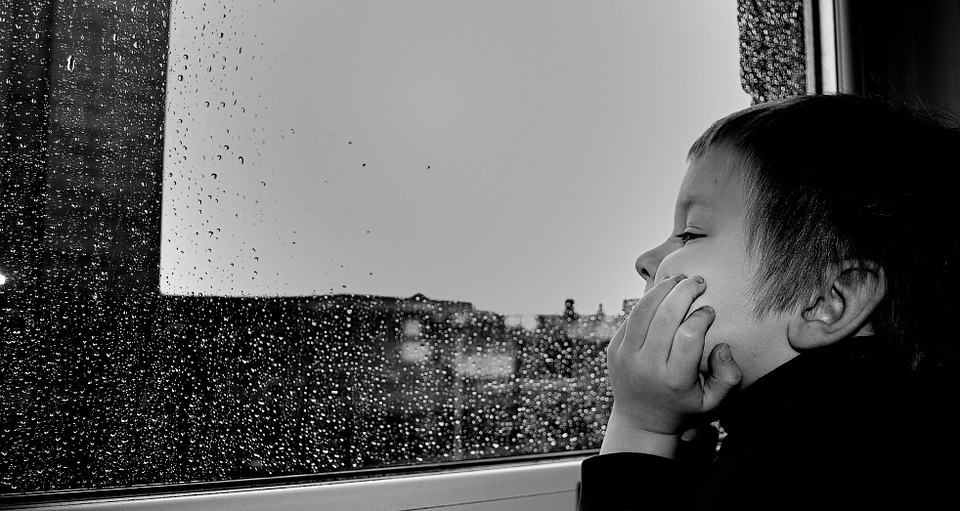Anastasia opens up about SAD, and why it’s important to be mindful of mental health as the days get colder.
I am blessed with a huge family, and we always get together during the festive season to celebrate. I have been brought up to be truly grateful for this, which makes it all the more disheartening when my mental health gets in the way.
Seasonal Affective Disorder (SAD) is a form of depression which affects approximately 1 in 15 people in the UK. It’s commonly referred to as the ‘winter blues’, as it mostly occurs in the autumn/winter seasons due to shorter days and colder weather. The effects and severity of this disorder vary from person to person but, for many, it takes the form of anxiety, low mood, fatigue, and/or symptoms of depression.
Since starting university four years ago, I have struggled with anxiety and depression on and off, but I find my mental health issues are exacerbated during the winter. Dark and dreary days often get the better of me and I find myself feeling hopeless, unworthy, and overwhelmed. For this reason, I’ve found the whole festive season a lot harder these last few years. It makes me so sad to say it, but I find those dinners and parties more of a stress than a pleasure, and from speaking to friends, I know I’m not the only one. How can we help ourselves? How can we best experience the joys of the holiday season when SAD gets in the way?
Be honest with people about your feelings (when you feel able).
I specify “when you feel able” as I know there are family members and friends with whom I would never breach this topic, but I think it can be helpful to let people know how you’re doing, whether that be your parents, siblings, or anyone else who will listen. Speaking about your feelings is not only therapeutic; it also helps others know how they can try to make things easier for you.
Step back and practice being present and grateful.
Keeping a journal during this period can be beneficial for your mindfulness, and it also counts as you-time, which is so important. I would recommend taking note of what you are grateful for every single day. It sounds cheesy and some days it might be really hard to think of something, but if you keep it up it can really change your perspective. Equally, practising daily meditation helps calm your mind and gives you a part of the day (even just 3 minutes!) where you are fully present and focused on yourself.
Say no when you need to. Set your boundaries.
If you don’t want to party on New Year’s Eve, feel confident to say so. If you don’t want to drink, don’t drink. Plus, if people are seriously offended because you don’t fancy clubbing that night, they really aren’t worth spending time with anyway.
Get help.
If you feel like you might be experiencing any of the symptoms mentioned in this article or in the links below, I strongly recommend you book an appointment with your GP. They can give more advice, coping techniques, and potentially suggest other options such as medication or therapy. Sometimes it can be uncomfortable discussing our feelings, but if you’re really struggling, it is so important to reach out and talk about it.
To find out more, visit:
https://www.nhs.uk/conditions/seasonal-affective-disorder-sad/
https://www.mentalhealth.org.uk/a-to-z/s/seasonal-affective-disorder-sad
Anastasia Barnes

